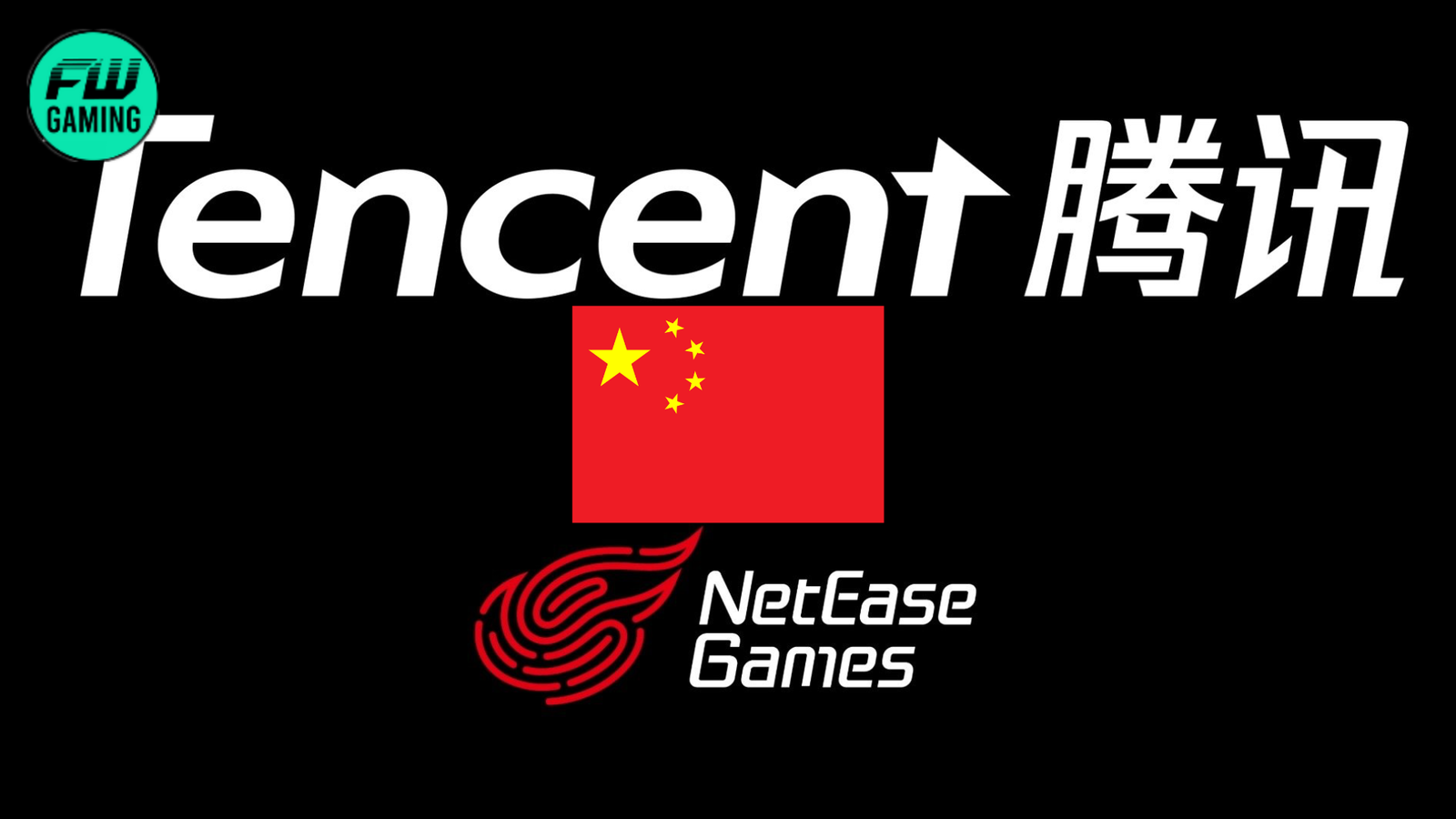Earlier this week, an announcement for a shift in policies in China sparked global concern for the future of video games and how video game spending may look going forward. Based on a report by Reuters, new rules applicable to online games in China have drastically changed how players can and will spend money on in-game items.
This new rule majorly impacts monetization in the context of both paid and free-to-play games. A major move for developers in China has been the implementation of monetization, which in turn helps them build new games or update existing ones. However, new rules that affect the same will change how things work in the Chinese video game industry, and perhaps even on a global level.
In-Game Monetization Will Now Work Differently in China

According to Reuters, new rules deny daily log-in rewards for players in a game. Furthermore, players cannot spend money on a game for the first time or even spend money multiple times consecutively.
For most developers (especially mobile game developers), this was a sure-shot method of making the most profit from games. Removal of something like this will change how developers and publishers better incentivize players to keep playing games and plan for future projects.
Furthermore, all online games will have to comply with setting newer limits on how much players are spending on their in-game wallets. This, along with pop-up alerts that warn players about their mindless spending, should be designed.
This isn’t the first time we’ve noticed a move against video games in China. In 2021, a rule aimed at controlling player behavior was implemented. According to this one, anyone under the age of 18 won’t be allowed to play games except for an hour on Fridays, holidays, or weekends. Based on a statement by an analyst on Morningstar, Ivan Su:
The removal of these incentives is likely to reduce daily active users and in-app revenue, and could eventually force publishers to fundamentally overhaul their game design and monetisation strategies.
Seemingly, these new rules are indeed another move at controlling and monitoring player activity. However, the byproduct of this results in many developers and publishers altering their strategies for any project that they are working on.
How Will This Impact the Future of Video Game Spending?

The future doesn’t feel too far, as reports have suggested that the new rules have almost erased $80 billion worth of market value from two of the biggest gaming-related companies in China. Investors are concerned, and so are developers.
The stock market seems to be reflective of the same: a drop of 16% with Tencent Holdings and a 25% drop in NetEase. Both of these industry giants have a big role to play in China’s video game industry.
When the rules in 2021 shifted Beijing’s gaming culture, 2022 seemed like a tough year for the industry, as expected. Similarly, we might see major changes in how things move forward, both economically and culturally. Based on reports, the video game industry in China recently rose to 13% ($42.6 billion).
However, another hit by the government might just change these numbers going forward. More than an economic change, these new rules will force developers to implement UI and core gameplay design systems in their projects. Something like this, even if initially not planned by creators, will have to be part of new and existing games in China.
Looking at things from a global perspective, the impact of these new roles seems to be reflective across the world. The stock market shows a dip in shares for Electronic Arts, Unity Software (3.1%), and Roblox (1.7%). Even Ubisoft (3%) seems to be affected by it. At the time of writing, the impact of these new rules seems minor on a global scale, but it’s highly likely to expect a shift in interest from investors as time passes.
Follow us for more entertainment coverage on Facebook, Twitter, Instagram, and YouTube.



